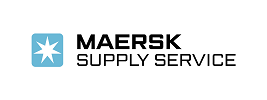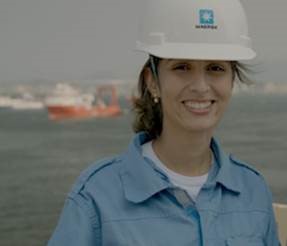
Author
Fernanda Virginio, HSE Manager – Integrated Solutions
Taking steps towards diversity and inclusion, starting with increasing the number of female seafarers across regions by focusing on recruitment, retention and skill development.
In 2020, Maersk Supply Service announced its first Diversity and Inclusion Policy. However, this was not the first time I heard about diversity. As I have worked both on and offshore, I have experienced many different environments. Being a woman myself and aware of our potential and capabilities, I never doubted we could reach senior positions and deliver to a high standard. I feel privileged to work for a company that not only is aligned with my beliefs, but that is also committed to changing the picture and reaching equality in this still unbalanced environment. It is not new for Maersk Supply Service to have several female seafarers in Brazil, with a fifth of engineers being women.
Supporting retention and skill development
Maersk Supply Service has recently started a Female Sounding Board, a quarterly forum, where female representatives from both onshore and offshore positions discuss three key focus areas: Recruiting, Retaining, and Developing our offshore female employees. We aim to help support female seafarers in their ambition to have a career within the maritime industry and pursue top-ranking positions. The forum is run by a mix of on and offshore female colleagues across different regions. For example, as I come from Brazil and have worked offshore, I can share my perspectives to help our female seafarers find more inclusive solutions that fit their needs.
At our first Female Sounding Board meeting, we discussed several aspects of retention. For example, what are the main considerations with working offshore, could our female seafarers be better supported, what is the main reason why female seafarers leave their careers and how could we change this for them?
The guidelines regarding pregnancy vary from country to country, but in Brazil, pregnant women cannot work offshore for the entirety of their pregnancy. Instead of being off work for nine months, plus maternity cover, Maersk Supply Service would like to retain our seafarers by providing the opportunity to work onshore in a temporary position. Additionally, we can utilise our existing pool of talent to fulfil our onshore needs. For one seafarer, whilst she was pregnant, we transferred her to a relevant onshore role. This way, we could develop her skillset while retaining her accrued offshore knowledge.
In many cultures, women often step away from their careers to take care of their families, and during that time, various offshore certificates and licenses can expire. We want to minimise the challenges for women returning to work after having children. To make it easier for female seafarers, we would like to support them in renewing their licenses or certificates with the necessary training and administrative paperwork.
A simple but effective initiative that also came from this meeting was to utilise the ‘buddy system’. As it can often feel lonely being offshore away from your family and having no other female around, by pairing up female seafarers together, they have someone to work alongside throughout their shift.
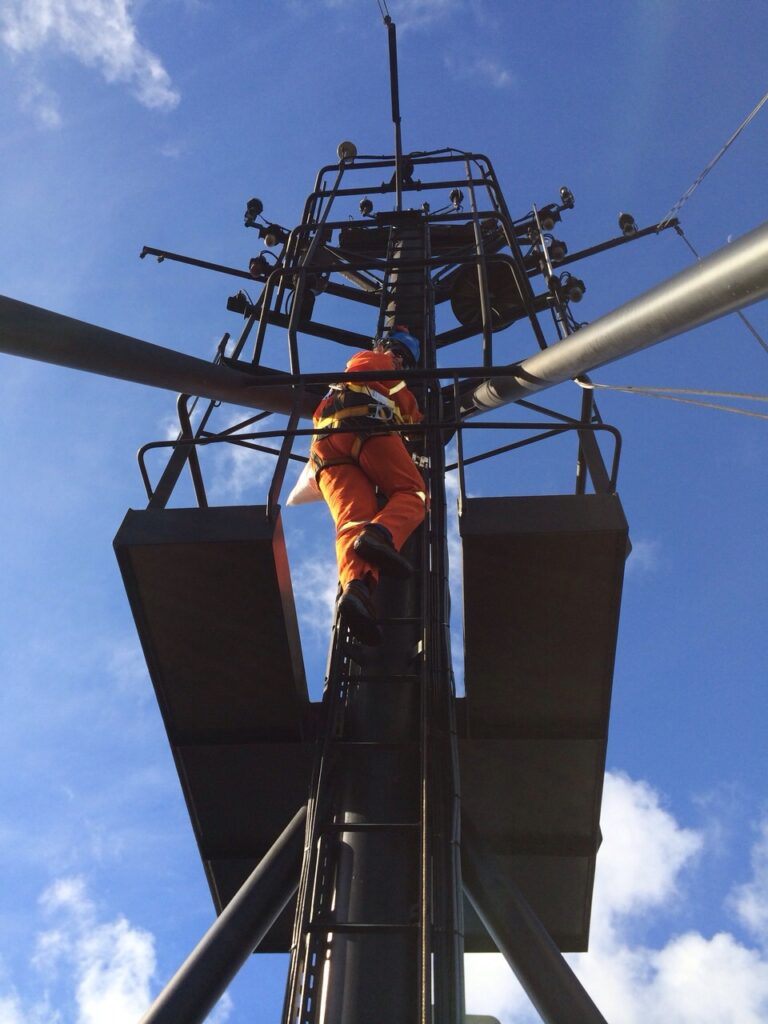
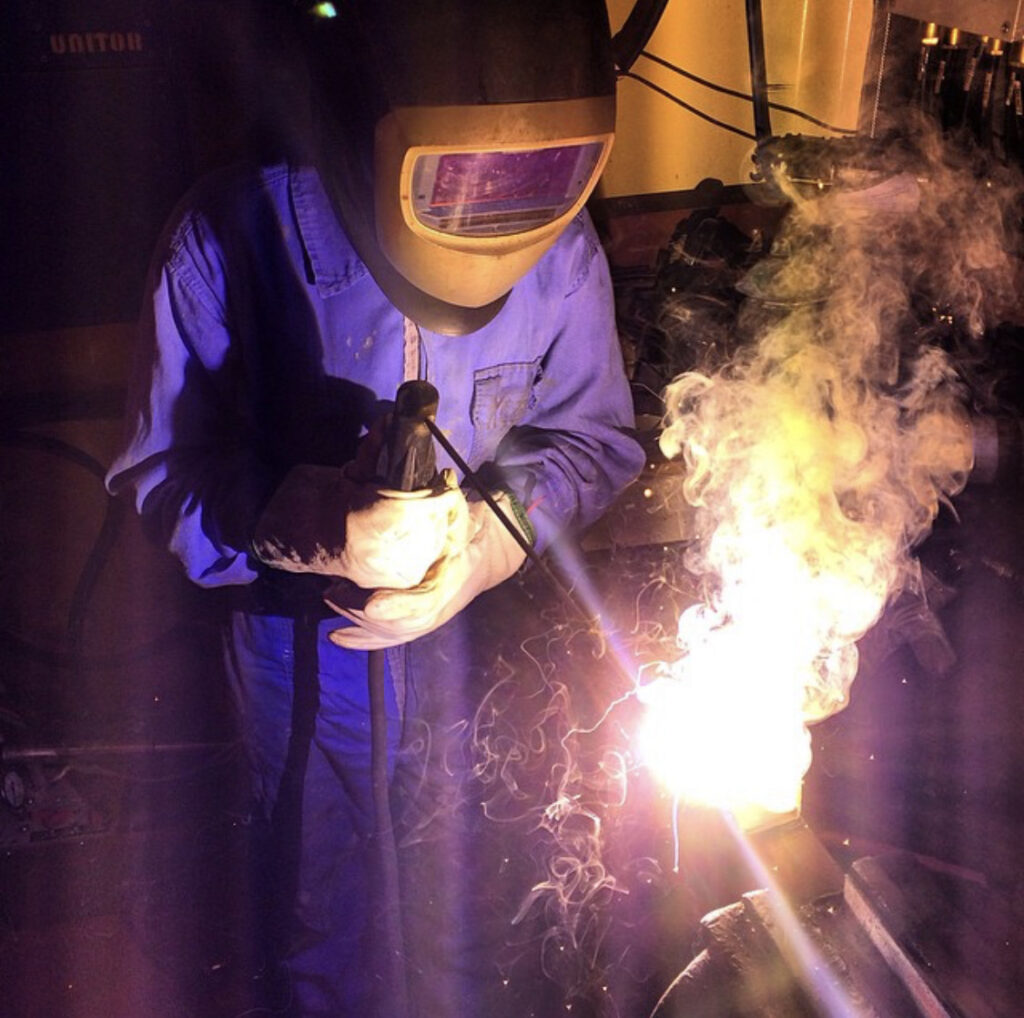
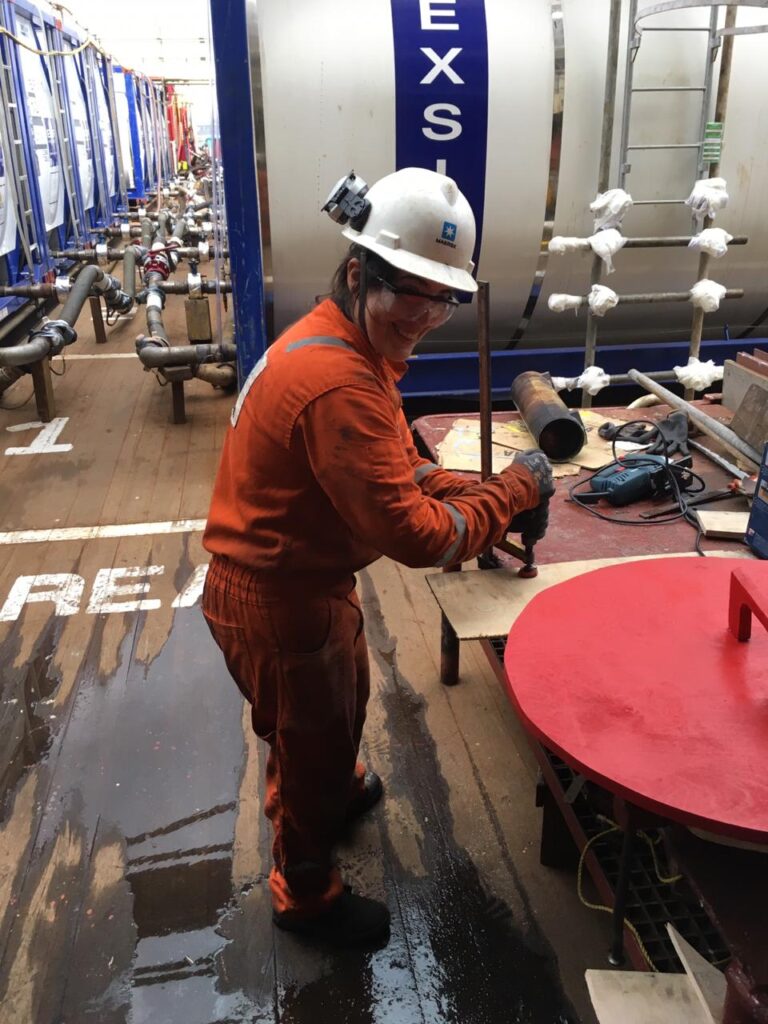
Internal resources can help strengthen a seafarer’s network
If you don’t know the expectations or requirements for offshore work, it can be challenging to get started in the industry. With less visibility and female representation, it is also difficult to imagine yourself in the role. Therefore, Maersk Supply Service is working on creating a private online channel for female seafarers. They will be able to use the internal channel to build their network and communicate more easily. Each seafarer can write their own bio, detailing where they come from, their professional experience and their interests. Most importantly, they can use the space to share inspirational stories, motivate each other and share the challenges of offshore work and how to navigate them best.
It is our goal that each seafarer can be connected no matter the region they are working in. The majority of our female seafarers are coming from Brazil. So, those outside the region can have a better overview of the onboarding procedures and growth possibilities via the internal channel.
I believe we are on a journey to diversify our employees and to increase female representation offshore. Our efforts are a work in progress, but we are strongly committed to supporting our female seafarers. By focusing on inclusion and implementing effective initiatives, we can continue to improve the work environment and, hopefully, the industry as a whole.
